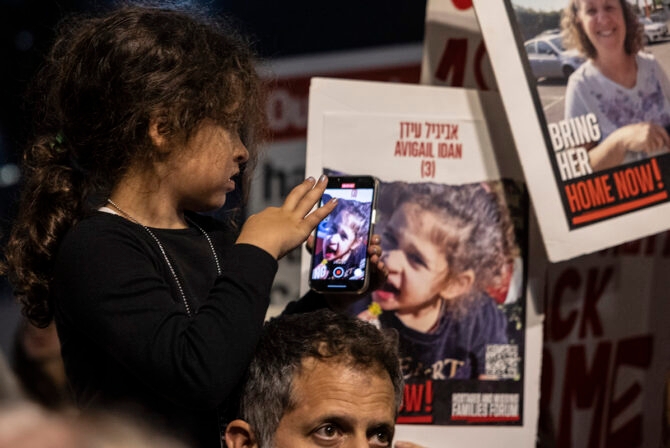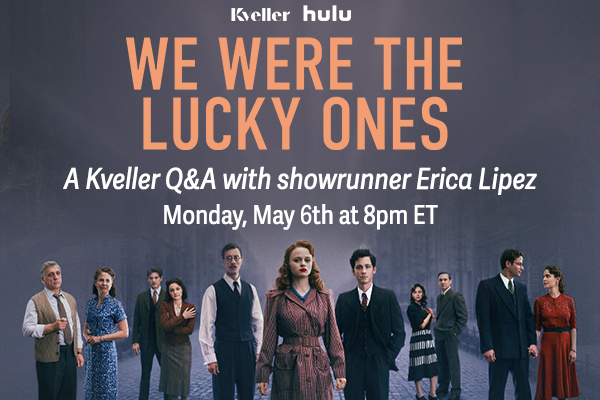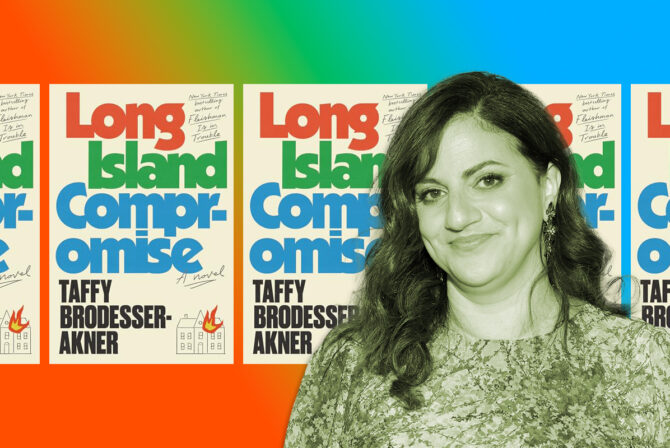This month, the Kveller Book Club read the novel
The World Without You
by Joshua Henkin. Josh was kind enough to answer some questions for us about the novel and some of its inherent topics (including Judaism and parenting…two subjects synonymous with Kveller, of course).
Later today from 12 – 1 EST, we’ll host Josh for a chat on Twitter, where all of our readers will have a chance to pick his brain. To join, tweet your questions at @JoshuaHenkin and add the hashtag #Kvellerlit. Please join us!
This book is obviously very Jewish–its characters, subject matters, general ‘Jewiness.’ Do you think it’s important, as a writer who is also Jewish, to write “Jewish books”?
No, I don’t. I think writers should write about whatever they want to write about. And I’m suspicious of the categories “Jewish writer” and “Jewish fiction.” I mean, sure, if it gets me flown out to Florida in December to talk at a JCC in eighty-degree weather, if it gets me talking about my work to readers at Kveller, then I’m all for it. But beyond that, I remain leery of such categories. A while back, Moment Magazine asked a number of Jewish authors whether and how they consider themselves Jewish writers. By and large, the answers were animated by pride and anxiety and prickliness, all of which are responses I understand. I’m often asked the same question, and I end up being tongue-tied. Am I a Jewish writer? I’m a Jew, and I’m proud to be one, so on some level by definition I’m a Jewish writer, just as I’m a Jewish father, a Jewish New Yorker, a Jewish eldest child, a Jewish basketball fan, and a Jewish watcher of “Friday Night Lights.”
One of the main characters in this book (“Noelle”) is a modern orthodox woman who has made aliyah (moved to Israel). She comes to religion after a wild and promiscuous young adulthood and some might say she (and her husband, “Amram”) are not the most likable characters. Has there been any response to the book from the Orthodox Jewish community (or from the modern Orthodox community stateside?) Did you have to do research to understand more about this community and its motivations? And why do you think someone like Noelle would have turned to Orthodoxy, and to Israel, given her past?
If you’re asking whether there have been Orthodox readers who have been offended by the book’s portrayal of Noelle and Amram, the answer is, yes, a few. But the more sophisticated Orthodox readers–the more sophisticated readers in general–understand that fiction is not about holding up characters as models of conduct, nor is it about making statements. To me, what’s wonderful about fiction is that you can’t generalize from it. Noelle and Amram aren’t representative of all Orthodox Jews any more than Marilyn is representative of all secular Jews any more than Thisbe is representative of all gentiles. The characters are themselves and only themselves. Any character in good fiction is sui generis.
If you’re asking how I know about the Orthodox Jewish world, the answer is my grandfather was a well-known Orthodox rabbi and I grew up in a modern Orthodox Jewish home. From K through 12 I went to theRamazSchool, which is an Orthodox Jewish day school inManhattan. I’ve spent time inIsrael.
As for why Noelle would turn to Orthodoxy, given her past, I’d say that it’s a fairly common phenomenon. The details are always different in each case, but the rough contours are familiar. I see Noelle as someone who experienced herself as very out of control when she was growing up and who needed—who needs—a lot of structure. Orthodox Judaism provides that structure for her, as, I would argue, does Amram. In other words, as unpleasant as he sometimes is, Noelle may be drawn to Amram for the same reasons that she’s drawn to Orthodoxy. He helps provide structure for her.
Ok. On a lighter note, while there isn’t a whole lot of Kvelling going on in this book, we must ask: Are you a Kveller in real life?
I’m a quiet kveller. My daughters are 7 and 9, and they already roll their eyes when I kvell, so I know to keep it under wraps.







